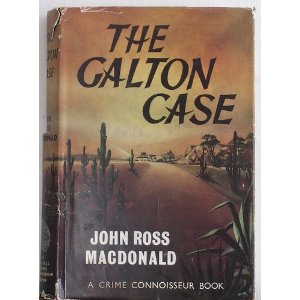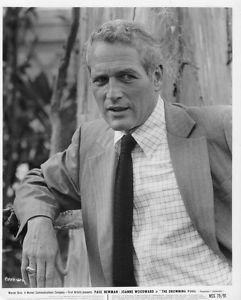This krimi could serve as an object lesson in a workshop on plotting a crime novel. Every word, every gesture, every line of dialogue, every character plays into the plot in the end.

I grew restive at some of the to-ing and fro-ing and dialogue, only to realise later that it all added up. It is such jewell that Jacques Barzun can only say of it ‘One of the best Lew Archer stories.’ Yes it is and that is saying a lot.
It combines the ingredients to be found in most of his krimis. A wayward child of privilege, an emotional void, a lonely woman who clutches at a phantom, an unbalanced beauty, a too-good to be true husband, an impulsive doctor, along with some lowlifes from Lost Wages and some small town cops trying to do right with meagre resources.
Is the beautiful wife really unbalanced? Does the other lonely woman sense something beyond the paperwork? Is the husband long-suffering or something else? Read the book to find out.
There are also some scenes in Mcdonald’s native Canada, in Ontario, as Archer digs deep into the past of the missing man and the found boy. (It makes sense in the story.)
The problem with reading about Archer is that it sets an impossible standard for any other writers. Not only are the plots perfect, but the prose is crystalline.
Albeit there were some false notes, as when Archer plays the smart-aleck with the local plod on first-meeting. It is out of character for the Lew Archer I have known all these years, and it seems contrived. Was McDonald experimenting?

Pretty Boy Paul Newman played Archer in two films, but as per Hollywood logic the name was changed to Lew Harper to follow Newman’s ‘H’ movies, Hud and Hombre. Thus ensuring few Mcdonald readers saw it. First invest money in buying the property and then dilute it. No doubt the executive who did that gave himself a big bonus. Genius.
The Newman films were about ten years apart: ‘The Moving Target’ and ‘The Drowning Pool.’ Each is fine with some superb performances from the whole cast.
Skip to content
